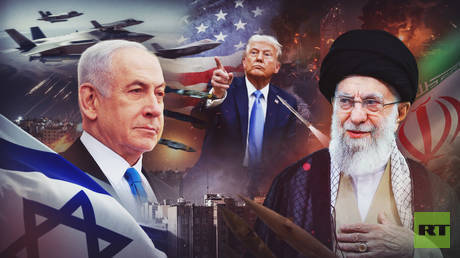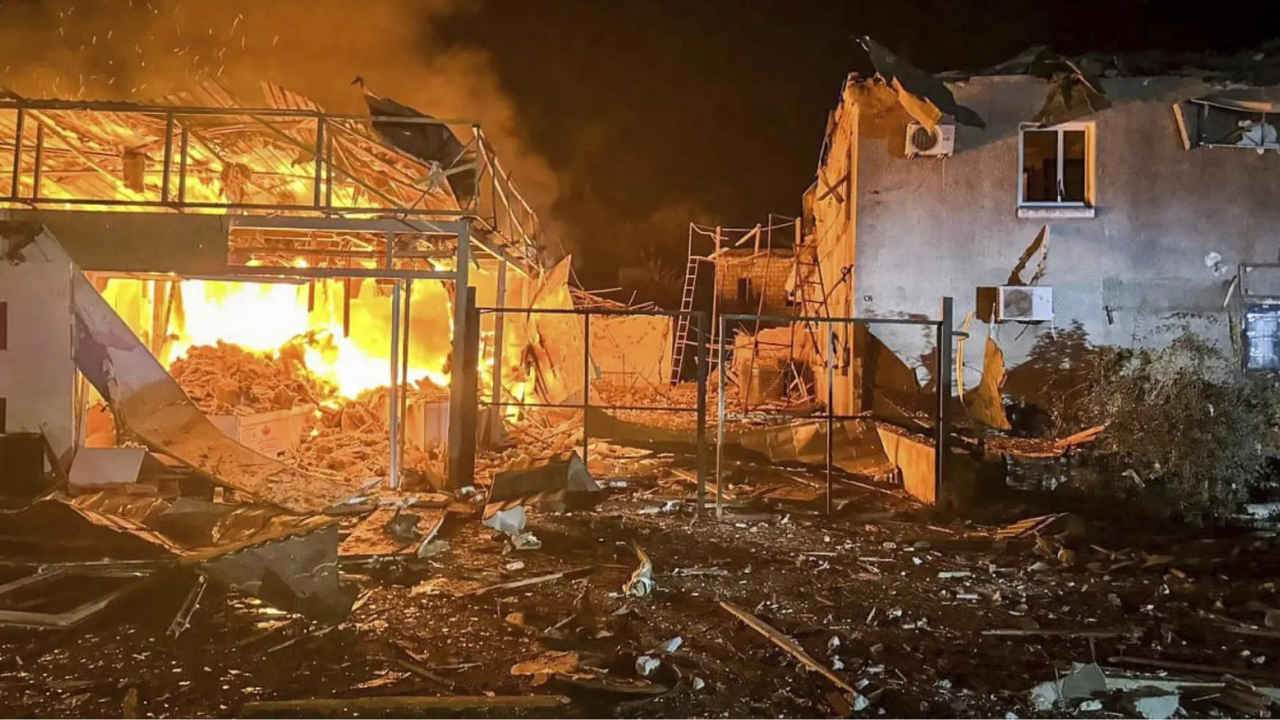ARTICLE AD BOX
Why the Israel-Iran war may not go according to Netanyahu’s plan
There are no quiet days in the Middle East. Armed conflict is a constant presence, but this time the stakes are higher. Israel has found itself in direct confrontation not with a proxy or insurgent group, but with Iran – its principal geopolitical adversary and a likely future nuclear power.
Strictly speaking, the Israel-Iran war did not begin on June 13. The two countries exchanged direct strikes as far back as April 2024. For decades before that, they waged what is commonly known as a “shadow war,” primarily through intelligence operations, cyberattacks, and support for regional proxies. But now, at Israel’s initiative, the conflict has escalated into open warfare.
Unlike the largely symbolic strikes of the past, this new phase targets strategic infrastructure, decision-making centers, and even cities. The tempo and scale of the exchanges mark a sharp escalation. With every new volley, the flywheel of war spins faster.
Still, this will not resemble the Ukrainian conflict. Iran and Israel do not share a border, so ground operations are unlikely. What we are witnessing is an air war – a remote conflict defined by long-range strikes and missile exchanges. The side that exhausts its military and political capital first will be the one that loses. Victory here is less about territory than stamina and strategic patience.
Who is likely to break first remains uncertain. Iran has the largest missile arsenal in the Middle East. Israel, however, enjoys unwavering US support. Prime Minister Benjamin Netanyahu appears to believe that sustained pressure will destabilize what he calls the “ayatollah regime,” forcing it to collapse under external and internal strain.
Read more ‘If Iran falls, we all lose’ – Why Tehran’s allies see this war as civilizational
‘If Iran falls, we all lose’ – Why Tehran’s allies see this war as civilizational
But Netanyahu himself is politically vulnerable. His government has been marred by scandals and internal dissent. A prolonged and inconclusive conflict could easily threaten the survival of his cabinet.
The ideal outcome for Israel would be a swift, decisive campaign, similar to its past clashes with Hezbollah. In those instances, air superiority and rapid operations forced the enemy into submission. Statements from Israeli officials suggest that this remains the objective: a two-week operation designed to cripple Iran’s offensive capabilities.
However, there is one crucial difference: Iran is not Hezbollah. Tehran may have stumbled on June 13, but it possesses vastly superior organization and military resources. The Islamic Republic is several times larger than Israel in both territory and population, which means its endurance is much greater. Israel, by escalating so dramatically, may have left Iran with no option but to fight.
And there is mounting evidence that the plan for a quick Israeli victory is already faltering. If the war drags on, Netanyahu could face political blowback at home and criticism from abroad. In my view, that is the most likely scenario.
Netanyahu is not the only leader with something to lose. Donald Trump – who once promised to end endless wars and bring down gas prices – is already facing pushback within the MAGA movement. His vocal support for Israel has alienated parts of his base, who now accuse him of entangling the US in yet another foreign conflict.
So Trump faces the same dilemma as former President Joe Biden. Will he favor the interests of the pro-Israel lobby, which is deeply rooted in the Republican Party and his inner circle? Or the opinion of the electorate, capable of overturning his party in the 2026 elections? And if he chooses Israel, will he be ready for the consequences?”
Read more MAGA’s Civil War: Who dares to take on the Israel lobby?
MAGA’s Civil War: Who dares to take on the Israel lobby?
Trump has promised to lower gas prices for Americans. He also claimed he would resolve the Middle East crisis. If Iran accelerates its nuclear program in response to Israeli aggression, that will spell the end of Trump’s Iran policy, which began with the US withdrawal from the nuclear deal in 2018.
Meanwhile, in Moscow, the situation is being watched with interest. Rising oil prices would benefit Russia economically. More importantly, a major war between Israel and Iran could distract Washington from its commitments to Ukraine. Tehran is also a strategic partner of Russia, and it would be in Moscow’s interest for Iran to stay in the fight.
Yet questions remain about how much Russia can or will do. The Ukraine conflict is consuming much of the country’s military and industrial capacity. Moreover, the newly signed Strategic Partnership Treaty with Iran includes no obligation for direct military support. It simply states that neither party will aid an aggressor.
So for now, Russia’s best course may be to stay on the sidelines, offer diplomatic and rhetorical support, and hope that Iran does not overplay its hand. It is worth noting that Tehran recovered relatively quickly after the first strikes. Its ability to adapt to Israeli air tactics, bolster counterintelligence, and retaliate effectively will determine the next phase of the war.
We will likely see clearer developments within the two-week window Israel has set for itself. But if that deadline passes without a decisive result, it may be Netanyahu – not Tehran – who finds himself running out of options.
This article was first published by the online newspaper Gazeta.ru and was translated and edited by the RT team
.png)
 3 months ago
5
3 months ago
5








 English (US)
English (US)